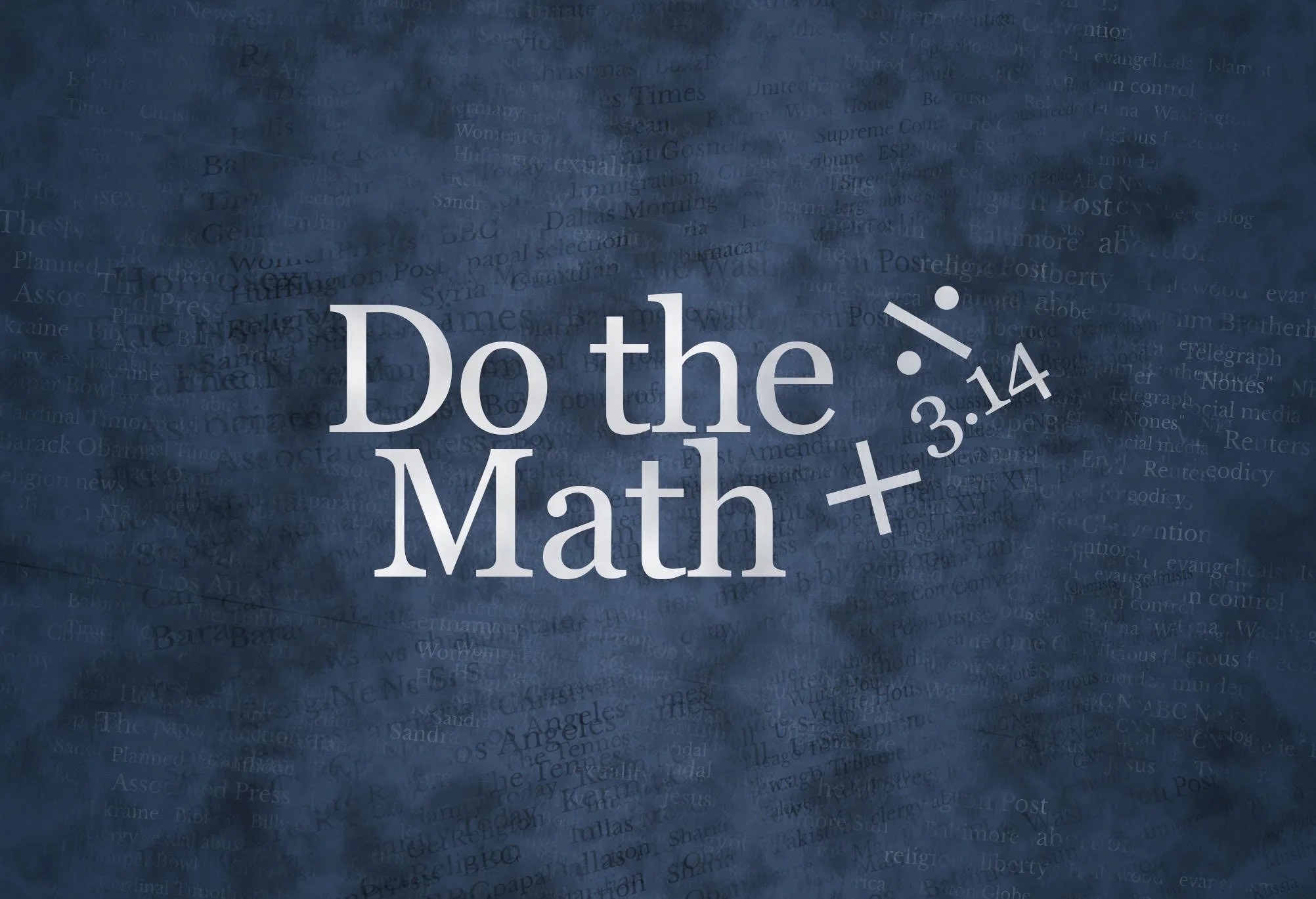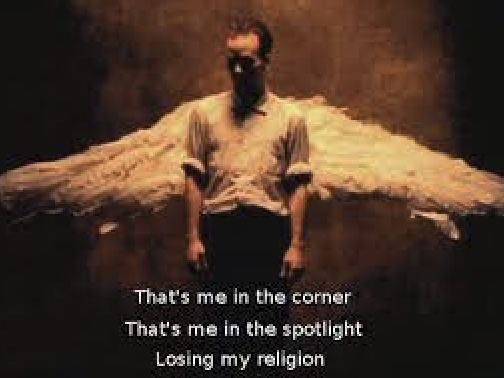One of my favorite things to do when the weather is nice is walk my dog. She’s a seven-pound Yorkshire terrier named Lucy. Oftentimes she wants to take a stroll around the neighborhood in the early evening and it’s a good excuse for me to stand up from the computer and actually move around a bit.
It helps to know that I live in an older neighborhood in the Midwest where many houses were built close together and only 10 feet from the sidewalk. So, I can easily see in someone’s living room when I am walking by with the dog.
I love to catch a glance at what’s on their television. Lots of times it’s the St. Louis Cardinals, but that’s a less frequent occurrence as the team has been terrible this year. But if it’s not baseball, it’s usually the news. I see a little MSNBC, a bit more of CNN, but a whole lot of Fox News. If you go to a local doctor’s office, it’s what is on the television in the waiting room. It’s really the default channel for most public spaces in rural, deep-red America.
I am not a scholar of media and politics, but there have been dozens of books written about the 24 hours news cycle and the rise of polarized outlets like Fox News and MSNBC and the impact that they are having on society and politics. But I’ve never really seen a whole lot written about religion and media consumption. It’s time to change that.
The Cooperative Election Study asks people if they have watched a variety of media outlets in the prior 24 hours. They get all the legacy networks (NBC, CBS, ABC) but also the news channels like FNC, MSNBC and CNN. The results are fascinating and every time I look at the heat map, I seem to find a little nugget that I didn’t see the previous time.
The big networks still do pretty well, honestly. A decent chunk of America is watching NBC, CBS and ABC on a regular basis. And what’s interesting is that there’s not a ton of variation from top to bottom. For example, ABC hovers between 30% and 50% for basically every group (aside from Black Protestants). The other networks are in that same range, too. There’s pretty wide penetration across all kinds of religious groups.
I was surprised how broad the viewership is for CNN.










